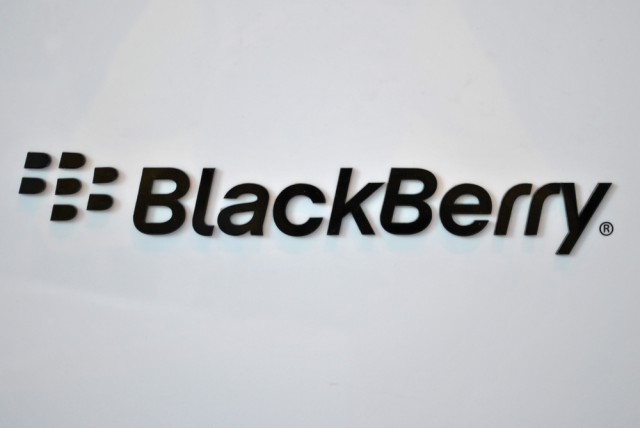BlackBerry readying three new Android smartphones

In what might be a last ditch effort to regain some of its former glory, BlackBerry is planning to release three new smartphones running Google’s Android OS.
Last year, the Canadian company launched its first smartphone running Android, the BlackBerry Priv. While it was well-received by critics for its implementation of Google’s OS, the smartphone with a slide-out keyboard was unable to sell well enough to turn the tide for BlackBerry, which has steadily declined since the release of Apple’s original iPhone.
The company has been secretive about the Priv’s actual sales figures and has refused to make them available to the public. Now, BlackBerry is preparing to launch three new Android-powered smartphones aimed at the mid-range, enterprise and high-end market.
The first of these is the BlackBerry Neon which will lose the company’s signature keyboard and will instead ship with a 5.2-inch Full HD touchsreen. The device will sport a Qualcomm Snapdragon 617 chip, 3GB of RAM, 16GB of storage, a 2,610mAh battery and will be housed in an aluminum frame. The Neon will go arrive in August and will likely feature 13MP and 8MP cameras.
The next smartphone, called the BlackBerry Argon, will be released in October and was designed with business users in mind. It will feature the same 5.5-inch QHD display as the Priv and will have a Qualcomm Snapdragon 820 processor, 4GB of RAM, 32GB of storage and a 3,000mAh battery. The Argon will differentiate itself with a fingerprint sensor, USB Type-C charging and 21MP and 8MP cameras.
The final of the company’s three new smartphones will be the Black Mercury which will make its debut during the first quarter of 2017. This device will come with a keyboard and will sport a candybar design similar to the BlackBerry Passport. The Mercury will have a square shaped 4.5-inch Full HD display, a Snapdragon 625 CPU, a 3,400mAH battery and an 18MP rear-facing camera.
By targeting three very specific groups of users, BlackBerry has a chance of selling more smartphones than it did with the Priv, which cost over $700 at launch.
Published under license from ITProPortal.com, a Net Communities Ltd Publication. All rights reserved.